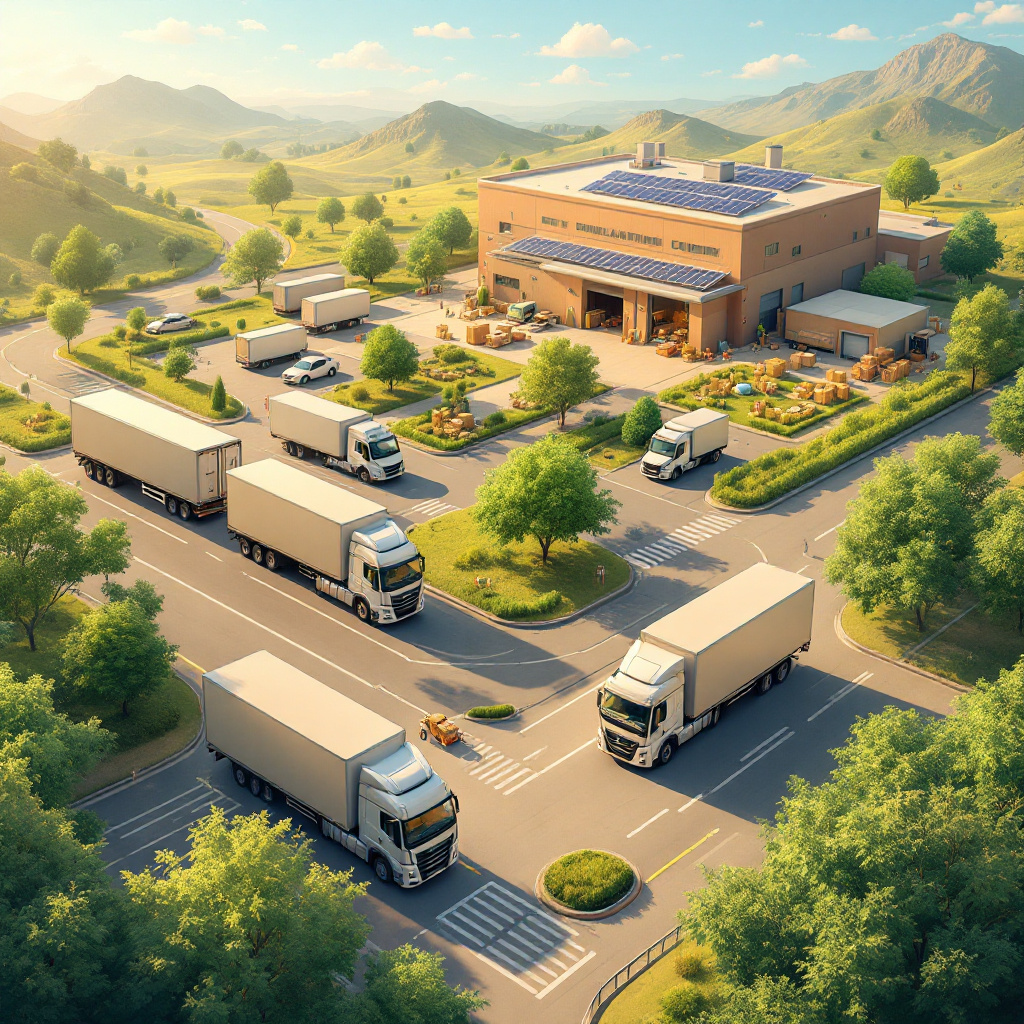Sustainable development is now a key priority for many industries, including logistics. Companies work to minimize their environmental impact by adopting eco-friendly technologies, optimizing routes, and reducing their carbon footprint. This article explores how logistics companies protect the planet and the role of sustainability in the industry’s future.
Major Environmental Challenges in Logistics
Logistics plays a crucial role in the economy but also harms the environment. Key challenges include:
- High CO₂ emissions – Freight transport relies on fossil fuels, causing air pollution.
- Use of non-renewable resources – Many logistics operations depend on materials and fuels that contribute to long-term environmental issues.
- Excessive energy consumption – Warehouses and transport hubs require large amounts of energy, straining power systems.
How Logistics Companies Reduce Their Environmental Footprint
Companies are adopting strategies to reduce their negative impact on the planet.
1. Eco-Friendly Transport
Many logistics firms invest in electric vehicles, hybrid trucks, and hydrogen-powered transport to cut harmful emissions.
2. Route Optimization
Artificial intelligence and big data help reduce mileage, improve efficiency, and lower fuel use.
3. Sustainable Packaging
Reusable and biodegradable packaging materials are replacing plastic, reducing waste.
4. Energy-Efficient Warehouses
Modern logistics centers use solar panels, LED lighting, and waste recycling to lower energy consumption.
5. Carbon Offsetting
Some companies balance their emissions by planting trees and funding renewable energy projects.
The Future of Sustainable Logistics
Sustainable development is no longer a trend but a necessity. Governments enforce stricter regulations, while consumers and businesses prefer eco-friendly logistics partners.
Future innovations will include drone deliveries, hydrogen-powered trucks, and autonomous electric transport. Advancements in technology will make logistics both efficient and environmentally safe.
Conclusion
Companies that adopt sustainable practices reduce their environmental impact and gain a competitive edge. Green logistics is a step toward a cleaner future, where business and nature coexist. By investing in eco-friendly technologies and optimizing processes, logistics firms help protect the planet for future generations.


